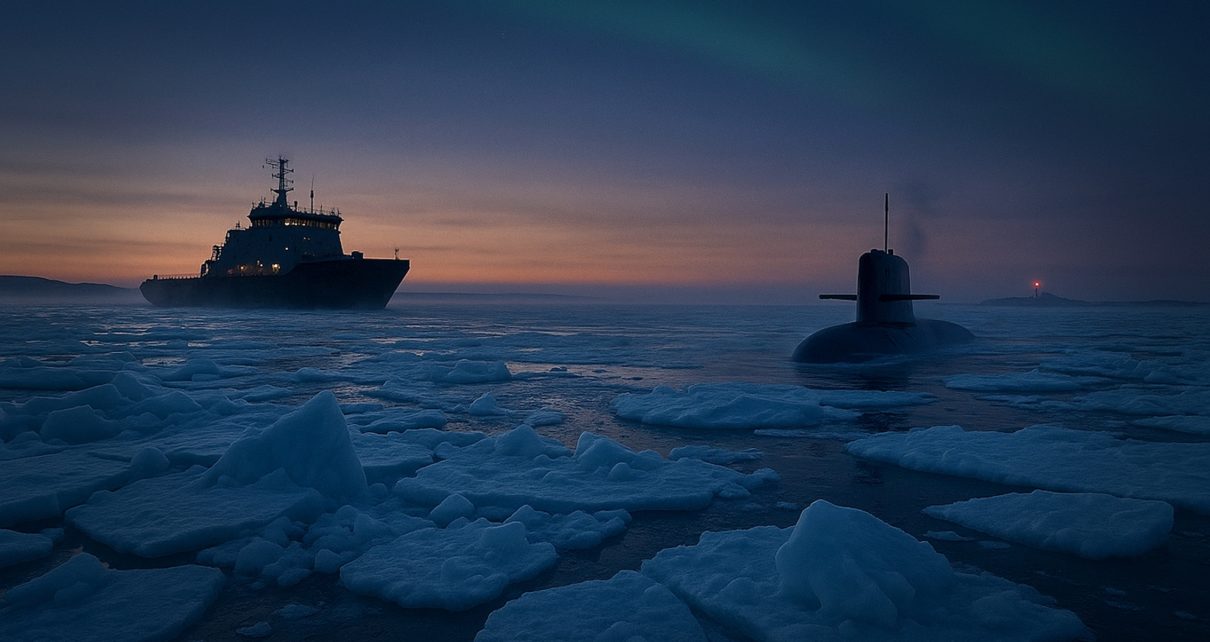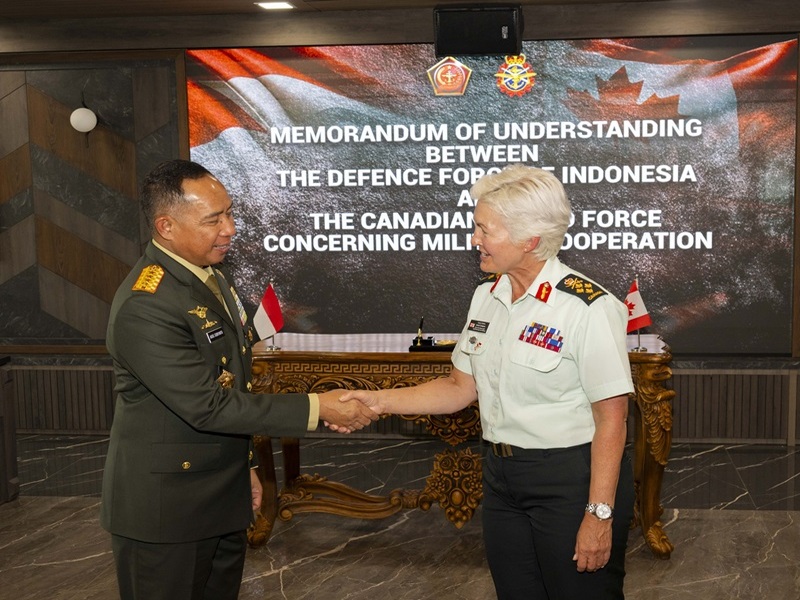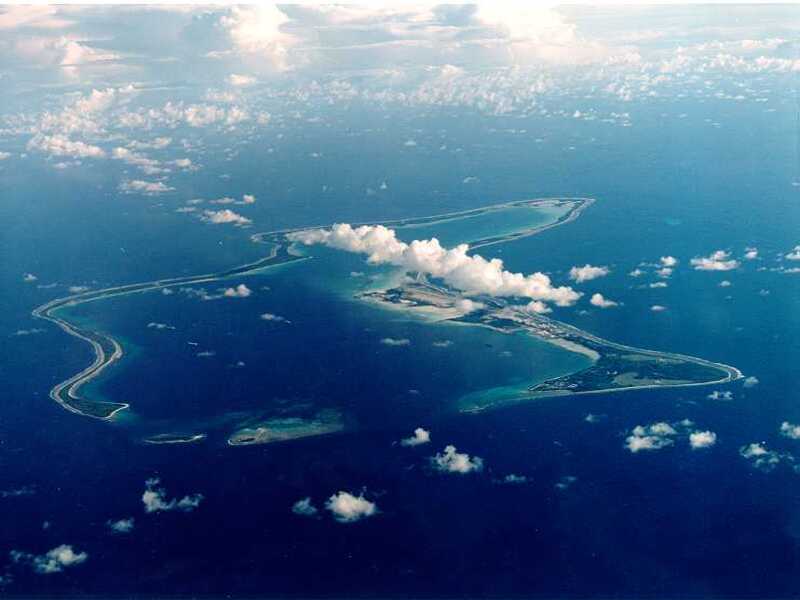Introduction Since its inception in 1949, NATO has grown from 12 to 32 members, a process formally known as enlargement. In accordance with Article 10 of the North Atlantic Treaty, membership is open to all European countries so long as they commit to NATO’s principles and meet the Alliance’s requirement for defence spending, along with Read More…
4. Programs
placeholder for programs
Canada’s WPS Credibility: Tested Within the Canadian Armed Forces
Canada has long championed the Women, Peace, and Security (WPS) agenda on the world stage, promoting gender equality in NATO missions and peace operations. Yet, at home, persistent structural barriers in the Canadian Armed Forces have created a gap between advocacy and action. Canada must address these domestic challenges and prioritize women’s meaningful leadership across all levels of the military to align its domestic practices with its global image.
POWER PLAY IN THE ARCTIC: Part 2 – Dissecting the Arctic’s Power Struggles by State
*This is the second instalment of a six-part series. As each Arctic state strengthens its security and defence capabilities in the High North, there is likewise an overall intensification of geopolitical rivalries, an expansion of coastal states’ territorial and energy ambitions, increasing clashes of interest, and a corresponding potential for instability. Problematically, NATO lacks an Arctic policy, Read More…
Building New Bridges: How Canada’s Defence Pact with Indonesia Signals a New Direction in Canadian Foreign Policy
What does Canada’s defence pact with Indonesia mean for foreign policy? In this article, Karissa Cruz highlights the broader implications posed by Canada’s new strategy in maritime and military cooperation with Indonesia, what it means for both countries, and how it can be considered a response to the shift in America’s foreign policy.
Anti-Money Laundering Should be a Major Pillar of Canada’s Indo-Pacific Strategy
Canada is a hotspot of money laundering from the Indo-Pacific region. In his new article, Rubiat Saimum is explaining why Canada should treat money laundering as a national security priority and strengthen institutional ties with Indo-Pacific nations to address it.
Sovereignty and Security in the Indian Ocean: What does the Chagos Deal mean for NATO’s Indo-Pacific Security?
What could Britain’s decision to relinquish sovereignty over a crucial US-UK naval outpost mean for NATO security in the Indo-Pacific? In this article, Angus MacKellar outlines the strategic importance of the British Indian Ocean Territory and considers the risks associated with the controversial handover of the Chagos Archipelago to Mauritius.
A New Playbook: Strategic Autonomy and NATO in the Indo-Pacific
By Daniel Lincoln The modern Indo-Pacific is witnessing assertions of strategic autonomy that challenge classical geopolitical logics and patterns of great power competition. During the 2025 Shangri-La Dialogue in Singapore, regional leaders signaled that they will not be corralled into binary agreements amid intensifying US-China rivalry. The forum revealed a fundamental rejection of zero-sum superpower Read More…
Shielding the North: Why NATO Still Needs NORAD
NORAD began as a Cold War commitment between Canada and the United States to safeguard the skies and protect the North. Today. it has become a stage for Russia’s military expansion, China’s growing ambitions, and emerging threats that outdated systems can no longer reliably detect. The modernization of NORAD goes beyond new radar and missile defence technology, it reflects a broader commitment to protecting sovereignty and ensuring Canadians recognize that the Artic is no longer a remote frontier, it is the front line of our collective security and future.
Inside the NATO Association of Canada: An Intern’s Perspective
Last term, the NATO Association of Canada was proud to welcome Joshua Liu, a Grade 10 student, as one of its interns. Joshua contributed to the development of the Security in Community civics course, helping make complex global security issues accessible to Ontario students. In this article, Joshua reflects on his mission of connecting Canadians with NATO’s role in peace and security.
POWER PLAY IN THE ARCTIC: Part 1 – From Isolation to Insecurity
*This is the first instalment of a six-part series. Although the Arctic’s extreme environment has historically been an effective obstacle to threats to Canada’s sovereignty and security, the region is now being reshaped by climate change. In 2007 alone, over 2.5 million square kilometres of ice melted in the Arctic Circle, leaving only half of that Read More…










